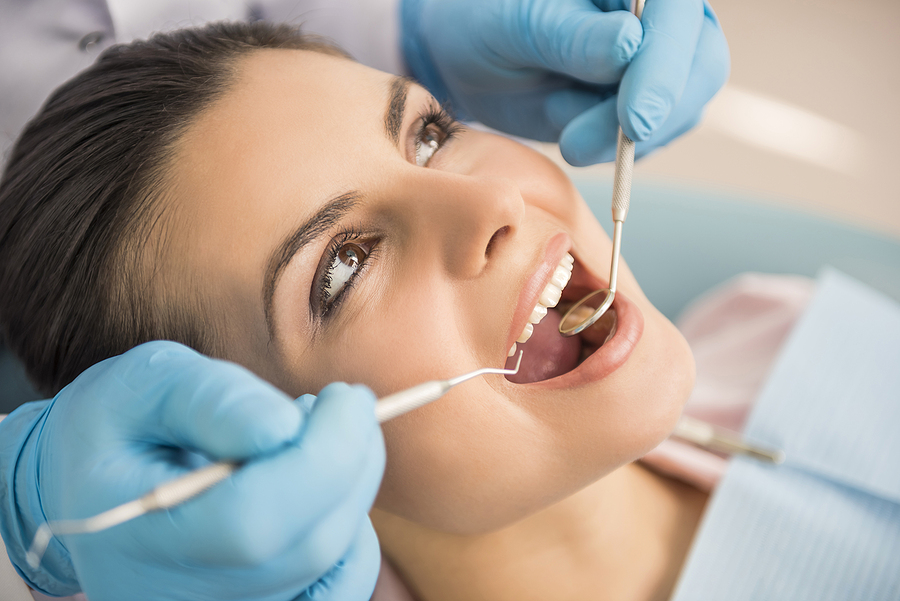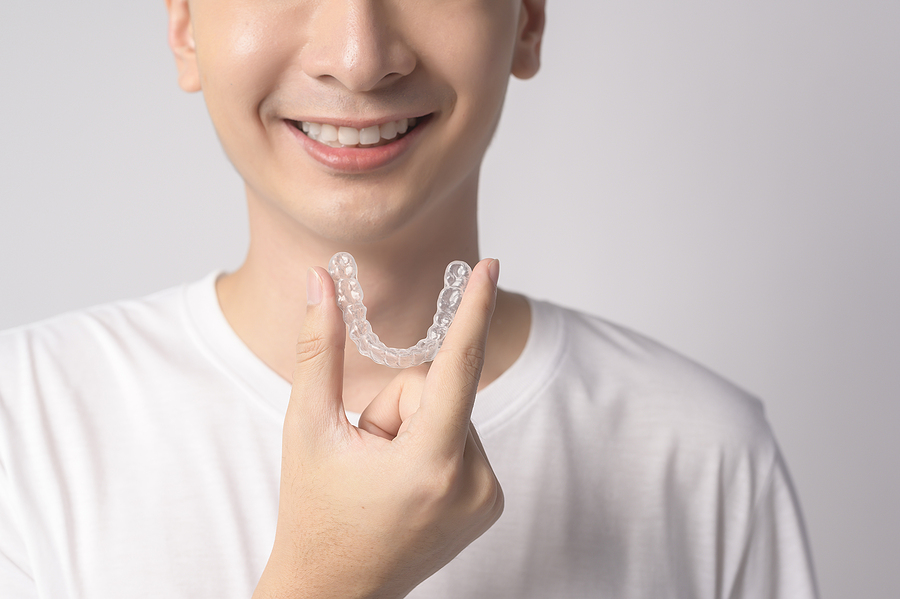Orthodontic conditions are more common than you might think. These conditions can affect anyone, from children to adults, and they can cause all sorts of problems with your oral health and overall appearance. Whether it's an underbite, crossbite, overbite, or open bite - each condition has its own set of unique challenges that need to be addressed by an orthodontist.
Underbite
Underbite is a common orthodontic condition where the lower teeth protrude beyond the upper front teeth. This can cause difficulty when biting and chewing, as well as aesthetic concerns. Underbites can be caused by genetics, thumb-sucking habits, or jaw misalignment.
One of the most effective treatments for underbite is braces or Invisalign aligners. These devices gradually shift the position of the teeth to create a more even bite and improve overall dental health. In severe cases of underbite, surgery may be necessary to reposition the jaw bones. However, this is usually only recommended in extreme situations where other treatments have not been successful.
It's important to address underbite early on since it can lead to further dental issues such as gum disease and tooth decay. If you suspect that you or your child may have an underbite, consult with an orthodontist who can provide personalized treatment options based on your specific needs.
Addressing orthodontic conditions like underbite early on can prevent more serious dental issues down the line and help improve both oral health and self-confidence.
Crossbite
Crossbite is another common orthodontic condition that can affect both children and adults. This occurs when the upper teeth fit inside the lower teeth instead of outside as they should. When left untreated, a crossbite can cause a lot of problems, such as jaw pain, tooth wear, and even gum disease.
This condition may occur due to genetic factors or habits like thumb-sucking or tongue-thrusting. Patients with crossbites may have difficulty biting or chewing their food properly, which could lead to digestive issues in the long run. Fortunately, there are several treatment options available for those suffering from crossbite, including braces and expanders. The type of treatment will depend on the severity of the case.
It's important to note that treating crossbite early on can help prevent more serious dental issues down the road. A dentist or orthodontist can evaluate your bite and determine if you need treatment for this condition.
While it may seem daunting at first, treating a crossbite is essential for maintaining good oral health in both children and adults alike.
Overbite
Overbite is a type of orthodontic condition where the upper front teeth overlap significantly with the lower front teeth. This can lead to various dental problems, such as difficulty chewing and speaking, jaw pain, tooth decay, gum disease, and even self-esteem issues.
The cause of overbite can be genetic or acquired due to habits such as thumb-sucking or tongue-thrusting. It's important to identify this condition early on so that it can be corrected through orthodontic treatment. Orthodontists use braces or clear aligners to gradually shift the position of the teeth into proper alignment. In severe cases, surgery may also be required to correct an overbite.
Ignoring an overbite can result in more serious health problems down the line, including TMJ disorders which affect jaw movement and chronic headaches.
Open Bite
Open bite is a common orthodontic condition that occurs when the upper and lower teeth do not meet properly when biting down. This can cause difficulty in chewing, speaking, and even breathing in severe cases. It can also lead to other oral health issues, such as gum disease, tooth decay, and jaw pain.
The cause of open bite varies from person to person but often results from genetic factors or childhood habits such as thumb-sucking or tongue-thrusting. Some medical conditions like sleep apnea or temporomandibular joint (TMJ) disorder can also contribute to an open bite.
There are several treatment options for open bites depending on the severity of the condition. In mild cases, simply correcting any bad habits may help correct the issue over time. However, more severe cases may require orthodontic appliances such as braces or clear aligners, along with surgery in some instances.
It's important to address an open bite early on as it can affect your overall oral health and quality of life. If you suspect you have an open bite, consult with your dentist or orthodontist, who can recommend the best course of action for your individual needs.
Don't let these common orthodontic conditions hold you back from achieving optimal oral health! By taking action early on, you'll be able to maintain a beautiful smile for years to come.
To find out more about the dental services offered at our dental practice, call (801)-923-1011 or schedule an online consultation. You can also visit us at 1838 N 1075 W #100, Farmington, UT 84025, USA.
Advanced Dental Specialty Group
Location
1838 N. 1075 W Suite 100, Farmington, UT 84025
(801) 923-1011Email Us
utahdentalspecialists@gmail.com
At Advanced Dental Specialty Group, we strongly suggest that our newer patients properly prepare for their first appointment.
- MON8:00 am - 5:00 pm
- TUE - WEDClosed
- THU8:00 am - 5:00 pm
- FRI - SUNClosed







